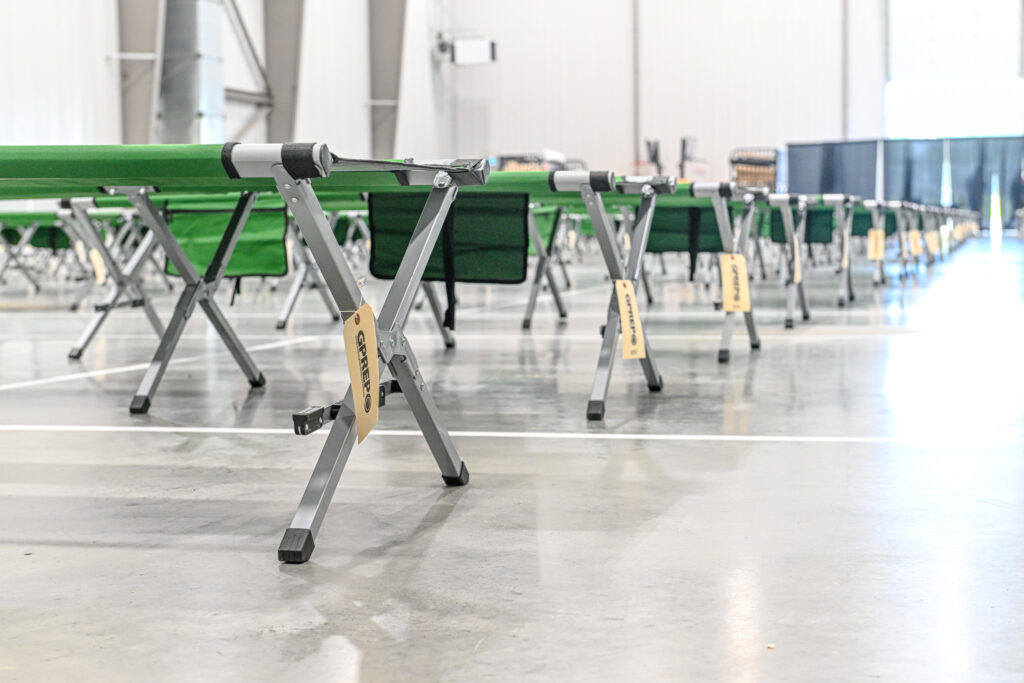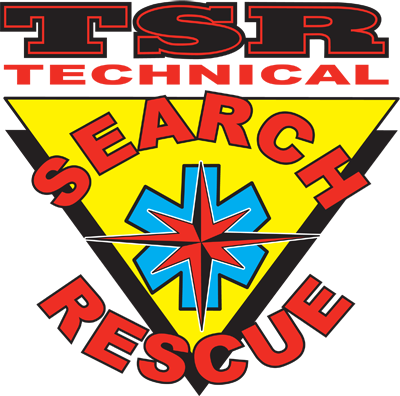Our Services:
Ground Search and Rescue (GSAR):
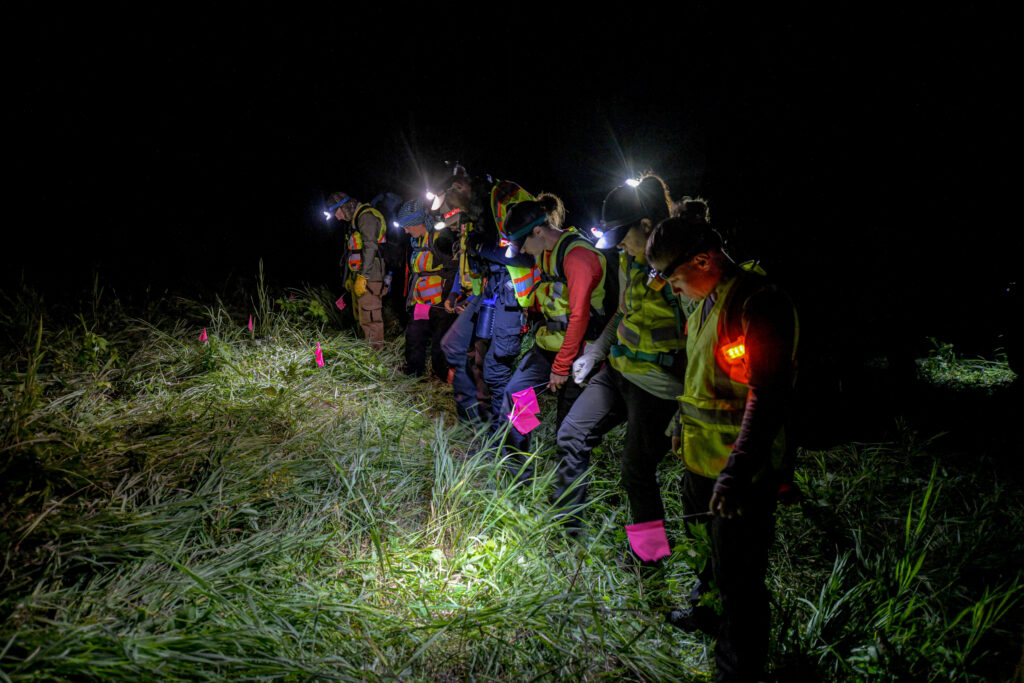
Technical Rescue Team:
The Technical Rescue Team (TRT) is a subset of TSR members who are trained with additional skills to perform Wilderness Rope Rescue, Swiftwater Rescue and/or Ice Rescue. These members are all qualified Ground Search members and have at least 1 year on the team (at a minimum). They undertake extra training and practice sessions to keep their skills sharp and be prepared to bring care and rescue to those in need across the region.
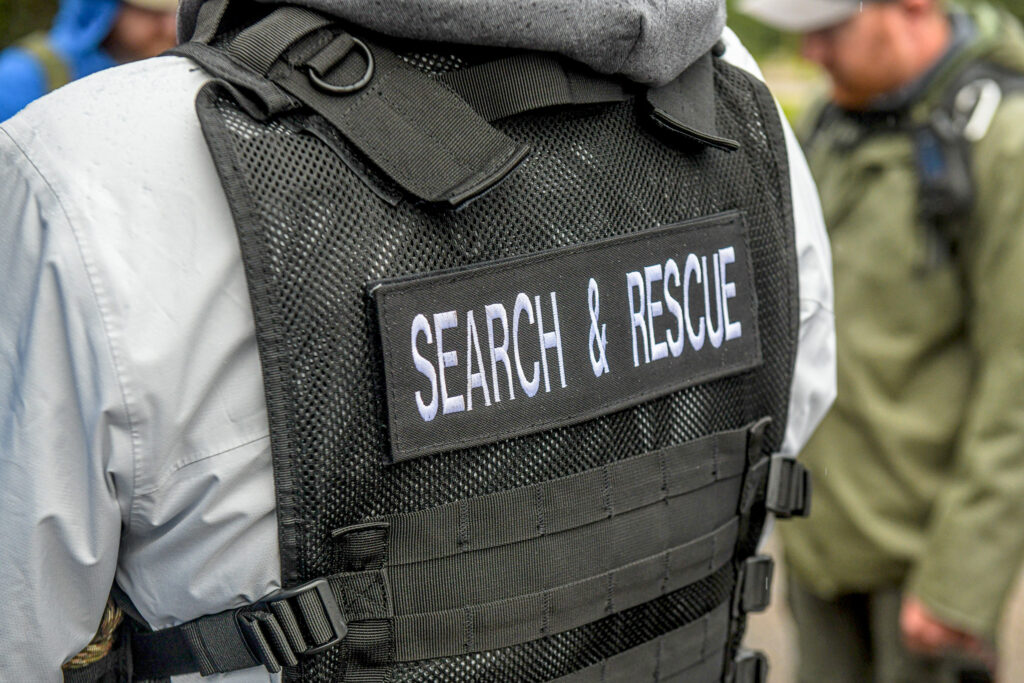
Swift Water Rescue:
Swiftwater rescue deals with rescue from any moving water. Our Swiftwater rescue team play a crucial role in responding to floods, river incidents, and other water-related emergencies, ensuring the safety of both rescuers and those they assist. Our team members are trained to the Technician and Advanced Technician levels allowing us to use throwbags, a variety of rescue craft, highline techniques, and both tethered and un-tethered swim rescues. Our team can also perform river based searches and work in concert with the ground search teams to fully cover an area where someone may be lost.
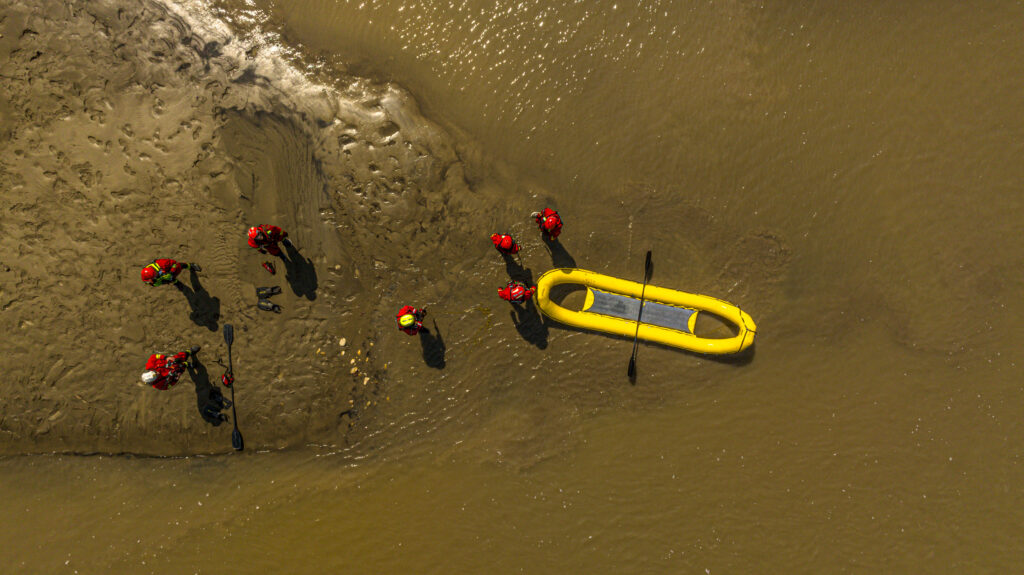
Ice Water Rescue:
Ice Rescue rescues individuals who have fallen through ice into frigid water. Our Ice rescue team use specialized suits, ropes, and flotation devices to navigate icy conditions and reach victims efficiently. Our team members are trained to international standards to safely and quickly perform reach and throw rescues if possible but also to go and perform contact rescues in the water if necessary. We keep our skills sharp with annual training and refresher courses
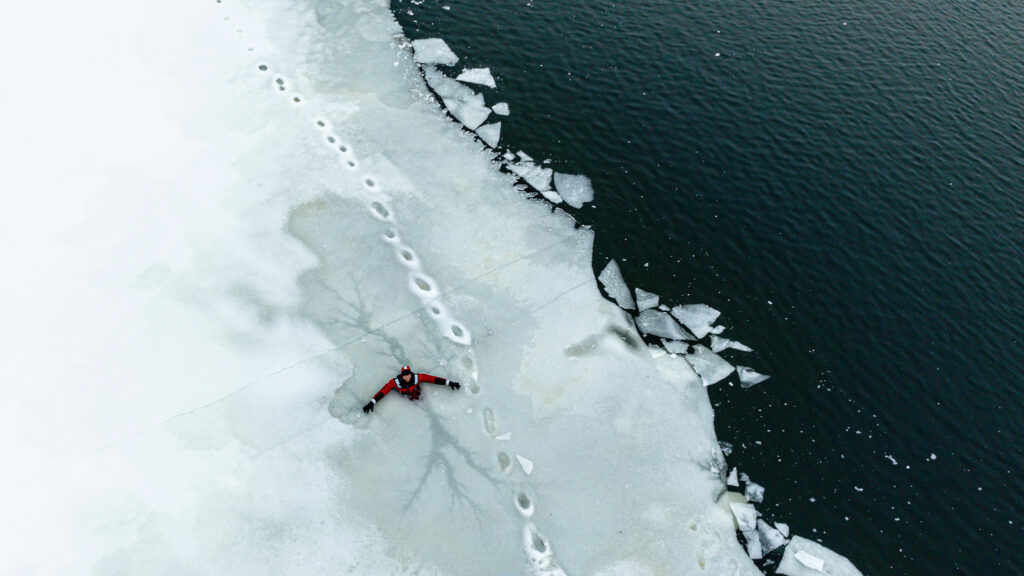
Rope Rescue/Wilderness Rope Rescue:
The Wilderness Rope Rescue team is made up of skilled individuals proficient in performing specialized rescues in challenging wilderness environments on everything from low slope, to steep, to vertical terrain. Equipped with extensive training, professional equipment, and constantly drilling in rope systems, rigging techniques, and safety, the team can access and extricate individuals from precarious situations. Their responsibilities include assessing the terrain, setting up anchor points using natural features, and then using a dual capacity two tensioned rope system (DCTTRS) to access, package and extricate the subject from the terrain. The members train to international standards and wilderness best practices to ensure they remain experts in their craft and are prepared to access the backcountry by ground, river, and air as needed. With a meticulous approach and dedication to safety, rope rescue technicians play a crucial role in saving lives in elevated and difficult-to-access locations.
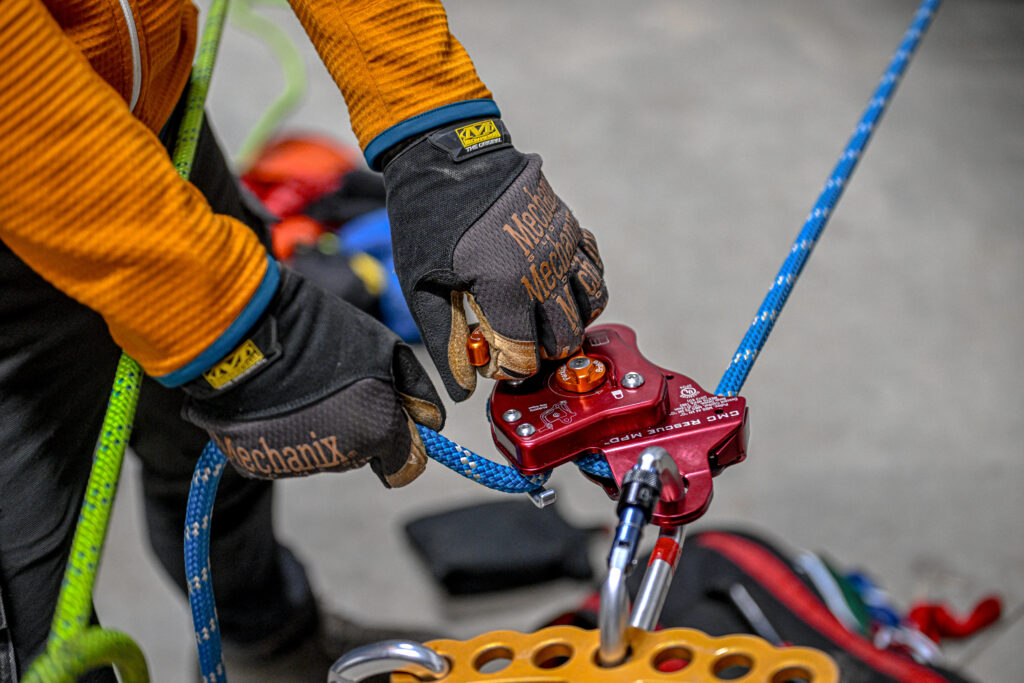
RPAS (Aerial Support):
Search and rescue operations are greatly strengthened by the deployment of drones, backed by a team of both basic and advanced trained pilots with extensive combined flight hours. These unmanned aerial vehicles are equipped with cutting-edge thermal capabilities, serving as invaluable tools in augmenting our abilities to locate missing or lost persons, particularly in dense forested areas. With precision and efficiency, these drones navigate the rugged terrain, providing real-time thermal imaging and situational awareness to pinpoint individuals who might otherwise be difficult to detect. Furthermore, they play a crucial role in guiding ground teams into challenging areas and mapping out expansive regions, ensuring comprehensive coverage and optimizing search efforts. Through the integration of drone support, search and rescue missions are executed with heightened effectiveness, ultimately enhancing our ability to bring individuals to safety.
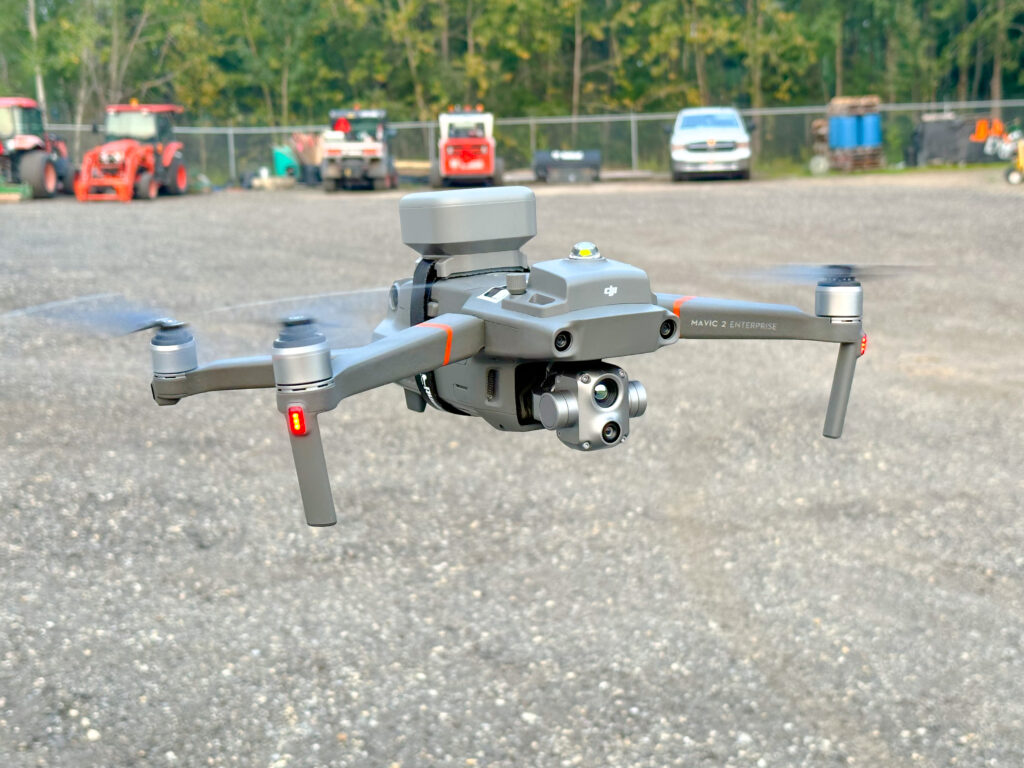
Rescue Boat Operator:
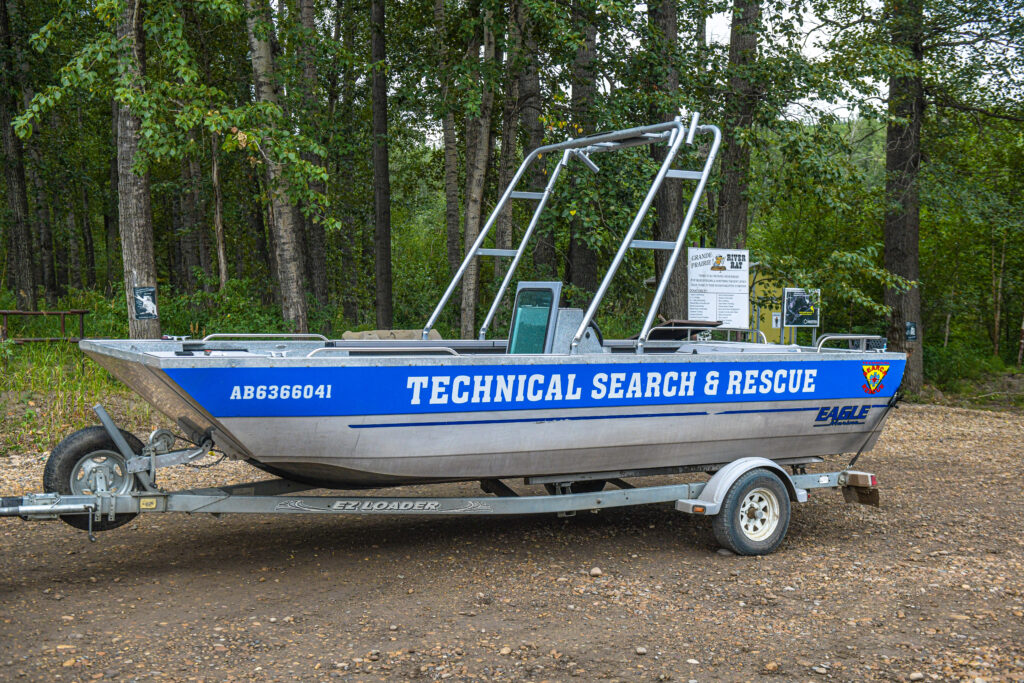
Wilderness First Responder:
This curriculum covers both Intermediate (Standard) First Aid essentials and specialized topics tailored for remote environments. From patient assessment to advanced airway management, wilderness wound care to search and rescue principles, our course equips you with the skills needed to provide expert medical care when help is not immediately available.
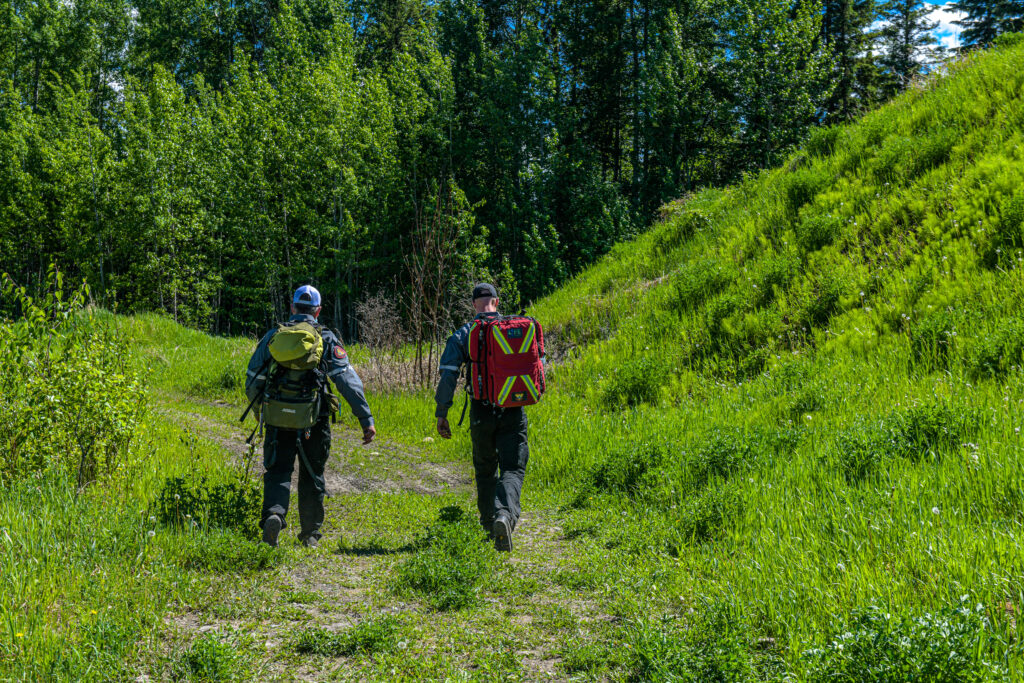
Medical First Responder:
The medical first responder team was established in 2008 and made us one of many teams in Canada to have Advanced Care Paramedics working to full scope while integrated within our search teams. Our team consists of Wilderness Medical Responders, Emergency Medical Responders, Primary Care Paramedics, Advanced Care Paramedics and Registered Nurses. Through the use of various technology, we also maintain access to online medical consultation with emergency physicians.
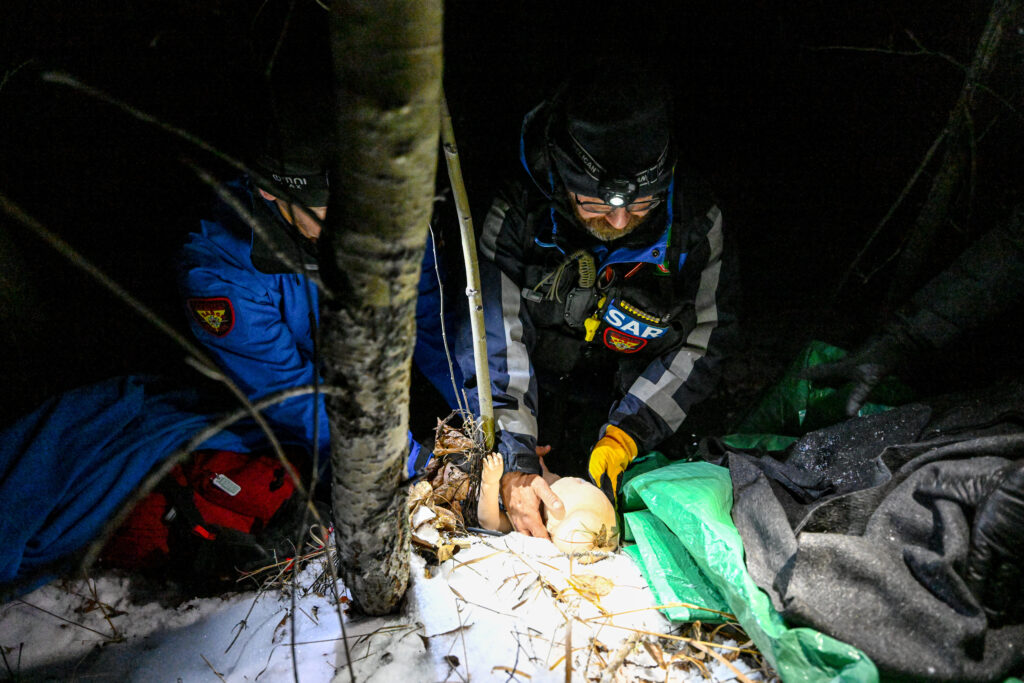
Equine:
A specialty unit using horses as search partners. Mounted responders can move faster and more easily in certain terrain environments and have the benefit of a higher vantage point than ground searchers. This allows mounted searchers to have a different viewpoint when looking for clues and missing or injured persons. Searchers must be active members of a search and rescue group and have a sensible mount. Our team is currently under development and always looking for new members.
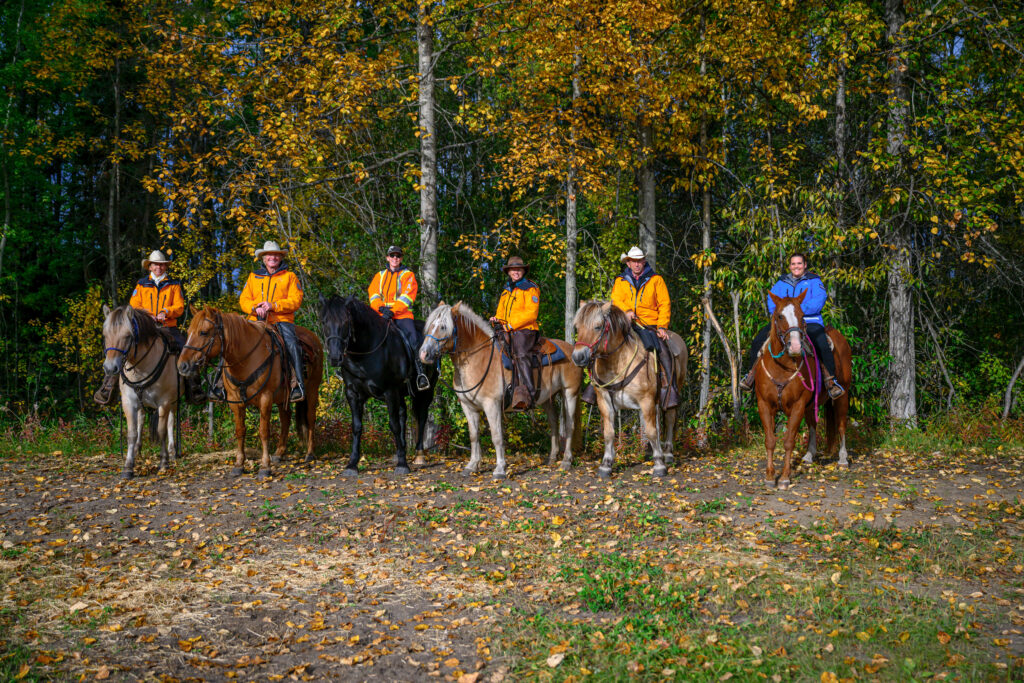
Search Manager:
Search Managers are experienced Search & Rescue Workers who have completed additional training to enable them to organize and coordinate search and rescue operations. Managers plan the response, taking into account the available resources, expertise and training, while continuously gathering information about the incident. Managers are trained in advanced Incident Command Systems, Lost person behaviors, Risk Assessment & Mitigation. Managers are responsible for every member of the search team from page-out to demobilization.
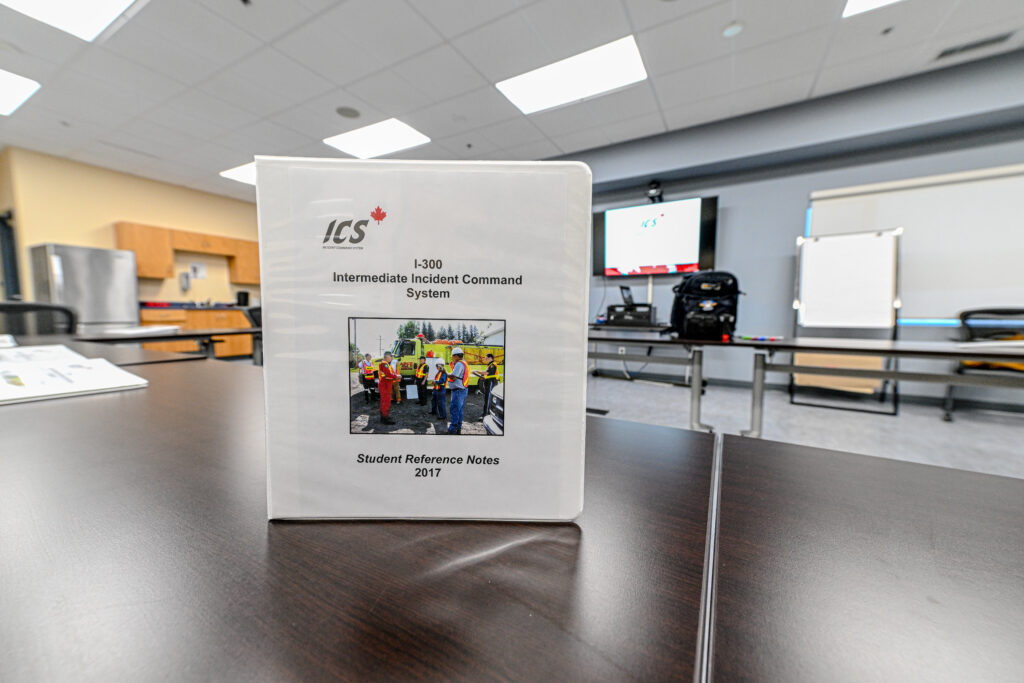
Evidence Search:
Search and Rescue teams undergo rigorous training in evidence searches, an essential component of their operations. With meticulous precision, they navigate through varied terrains, employing specialized search techniques, categorized from types 1 to type 4, to uncover critical clues left by missing individuals. Their adeptness in deciphering subtle signs and analyzing clues enables them to determine the direction of travel, significantly enhancing the effectiveness of their missions.
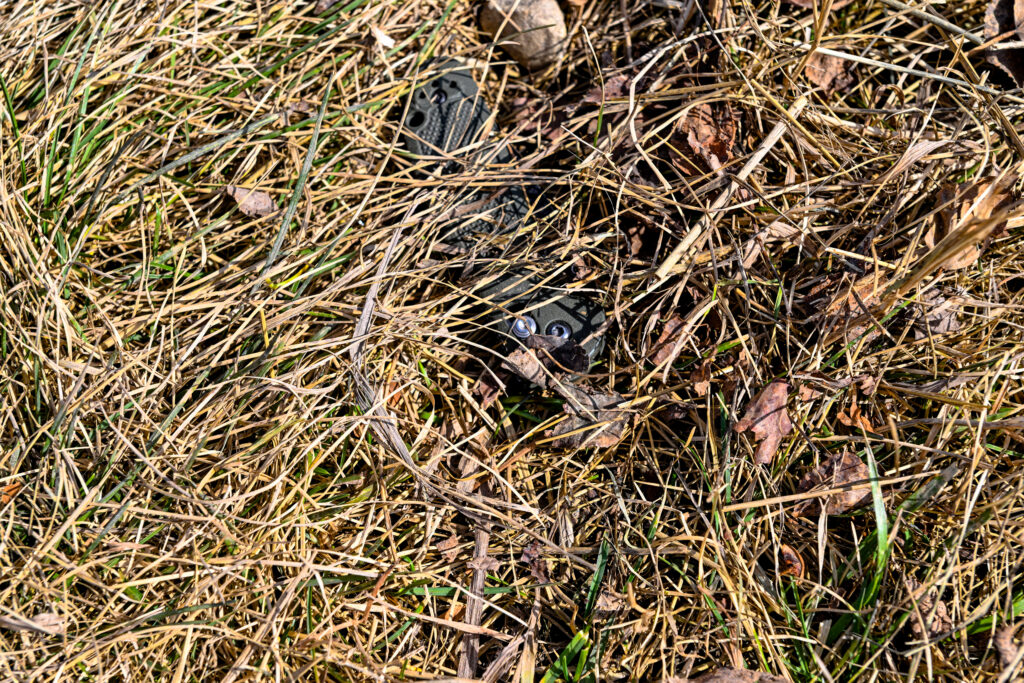
Tracking:
With the expertise gained from our tracking course, our search and rescue (SAR) teams can effectively enhance their capabilities in locating and rescuing individuals in wilderness settings. By understanding Lost Person Behavior, honing Observation Techniques, and developing Ground Sign Awareness, our SAR teams can identify and follow tracks left by missing persons. With Pace Tracking and the ability to produce detailed Track line Reports, our teams can navigate through challenging terrain with precision, significantly improving the efficiency and success rates of search and rescue operations.
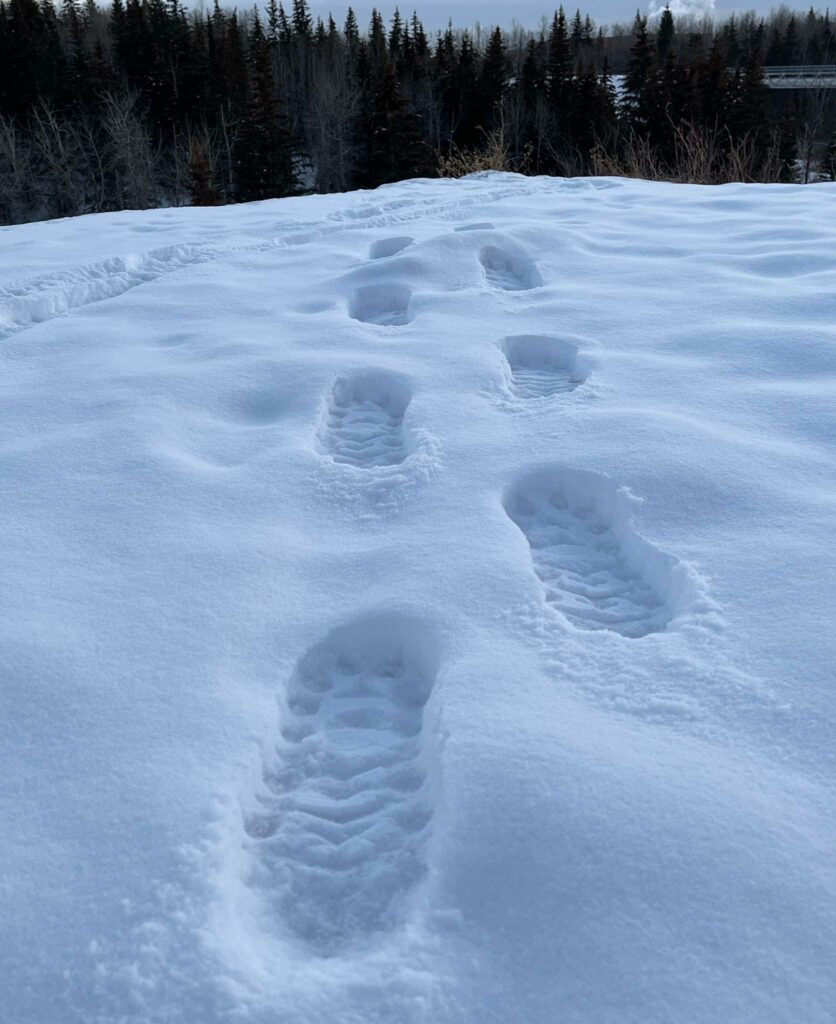
Disaster Response:
